
Overview
- Each edition of the test consists of approximately 230 questions on poetry, drama, biography, the essay, the short story, the novel, criticism, literary theory and the history of the language.
- Some questions are based on short works reprinted in their entirety, some on excerpts from longer works.
- The test draws on literature in English from the British Isles, the United States and other parts of the world. It also contains a few questions on major works, including the Bible, translated from other languages.
- The test emphasizes authors, works, genres and movements. The questions may be classified into two groups: factual and analytical.
- The factual questions may require a student to identify characteristics of literary or critical movements, to assign a literary work to the period in which it was written, to identify a writer or work described in a brief critical comment, or to determine the period or author of a work on the basis of the style and content of a short excerpt.
- The analytical questions test the ability to read a literary text perceptively. Students are asked to examine a given passage of prose or poetry and to answer questions about meaning, form and structure, literary techniques, and various aspects of language.
Content Specifications
The approximate distribution of questions according to content categories is indicated by the following outline.
- Literary Analysis (40–55%)
Interpretation of passages of prose and poetry. Such questions may involve recognition of conventions and genres, allusions and references, meaning and tone, grammatical structures and rhetorical strategies, and literary techniques. - Identification (15–20%)
Recognition of date, author or work by style and/or content (for literary theory identifications see IV below). - Cultural and Historical Contexts (20–25%)
Knowledge of literary, cultural and intellectual history as well as identification of author or work through a critical statement or biographical information. Also identification of details of character, plot or setting of a work. - History and Theory of Literary Criticism (10–15%)
Identification and analysis of the characteristics and methods of various critical and theoretical approaches.
The literary-historical scope of the test follows the distribution below.
| 1. Continental, Classical and Comparative Literature through 1925 | 5–10% |
| 2. British Literature to 1660 (including Milton) | 25–30% |
| 3. British Literature 1660–1925 | 25–35% |
| 4. American Literature through 1925 | 15–25% |
| 5. American, British and World Literatures after 1925 | 20–30% |
Because examinees tend to remember most vividly questions that proved troublesome, they may feel that the test has included or emphasized those areas in which they are least prepared. Students taking the GRE® Literature in English Test should remember that in a test of this many questions, much of the material presents no undue difficulty. The very length and scope of the examination eventually work to the benefit of students and give them an opportunity to demonstrate what they do know. No one is expected to answer all the questions correctly; in fact, it is possible to achieve the maximum score without answering all the questions correctly.
Source: www.ets.org
You might also like:
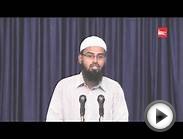
|
World History: Selected Course Outlines and Reading Lists from American Colleges and Universities (Selected Reading Lists and Course Outlines from American Colleges and Universities.) Book (Markus Wiener Pub) |
Related posts:
- World Literature Poetry unit
- World Literature Virtual class
- World Literature Resources
- World Literature Textbooks
- World Literature Discussion
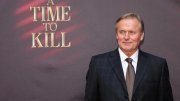



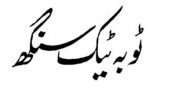
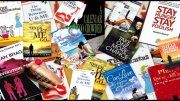
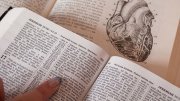
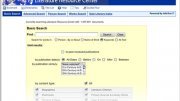
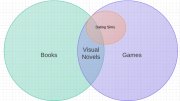
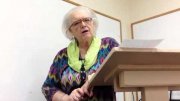














AP exams: World History is May 14 at 8am, Literature is May 7 at 8am, Biology is May 11 at 8am, and Calculus is May 6 at 8am.